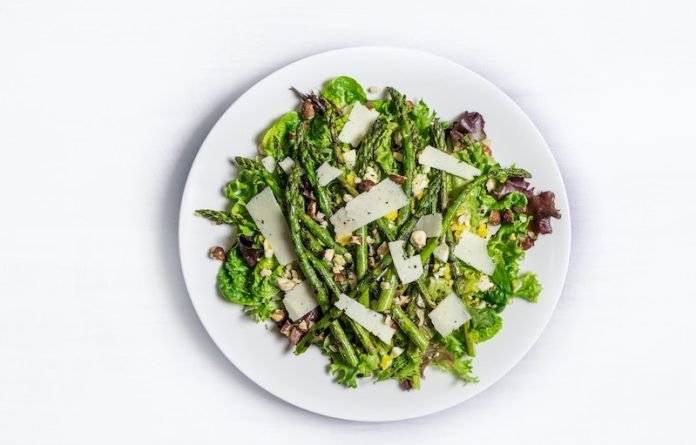
In a study from Cedars-Sinai, scientists found that the Mediterranean diet may lower the risk of dangerous diseases during pregnancy.
They examined the Mediterranean diet and adverse pregnancy outcomes and found that women who conceived while adhering to the anti-inflammatory diet had a much lower risk of developing preeclampsia during pregnancy.
Preeclampsia is a serious blood pressure condition that develops during pregnancy and puts stress on the mother’s heart.
Left untreated, the condition can cause serious complications like weakened kidney and liver function and decreased blood supply to the fetus.
The study also evaluated the association between the Mediterranean diet and gestational diabetes, high blood pressure, preterm birth, delivery of a small-for-gestational-age infant, and stillbirth.
Importantly, this connection between the Mediterranean diet and a lower risk of adverse pregnancy outcomes was seen in a geographically, racially and ethnically diverse population.
The researchers also found the association was stronger in women who are traditionally considered to be of advanced maternal age, those 35 or older.
In addition to preeclampsia, the risk of gestational diabetes also decreased in women who more closely followed the heart-healthy diet.
The study was part of the Nulliparous Pregnancy Outcomes Study: Monitoring Mothers-to-be, which enrolled 10,038 women between 2010-2013.
These findings add to the growing body of evidence demonstrating that the Mediterranean-style diet may play an important role in preserving the health of women across their lifespans, including during pregnancy.
The team says long-term studies are needed to assess whether promoting a Mediterranean-style diet around the time of conception and throughout pregnancy can prevent adverse pregnancy outcomes and reduce future heart risk.
If you care about nutrition, please read studies about how Mediterranean diet could protect your brain health, and the best time to take vitamins to prevent heart disease.
For more information about health, please see recent studies about plant nutrients that could help reduce high blood pressure, and these antioxidants could help reduce dementia risk.
The study was conducted by Natalie Bello et al and published in JAMA Network Open.
Copyright © 2022 Knowridge Science Report. All rights reserved.



